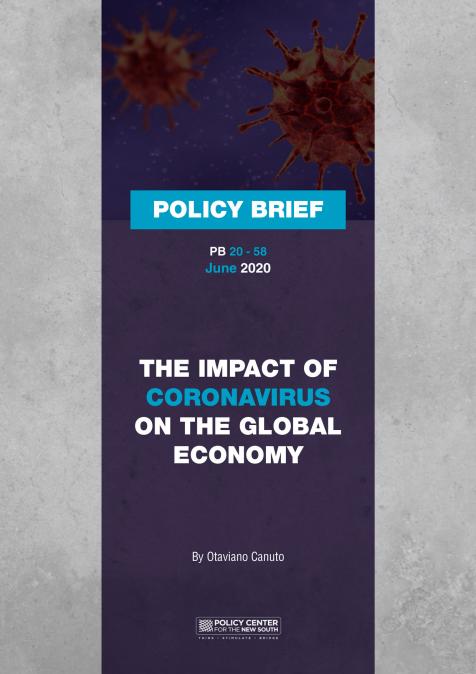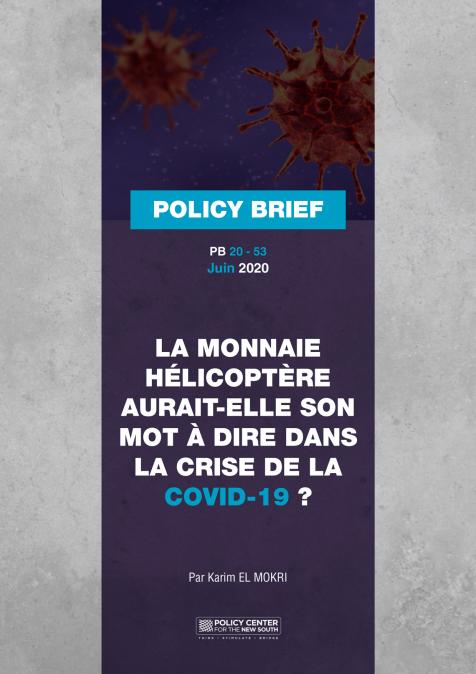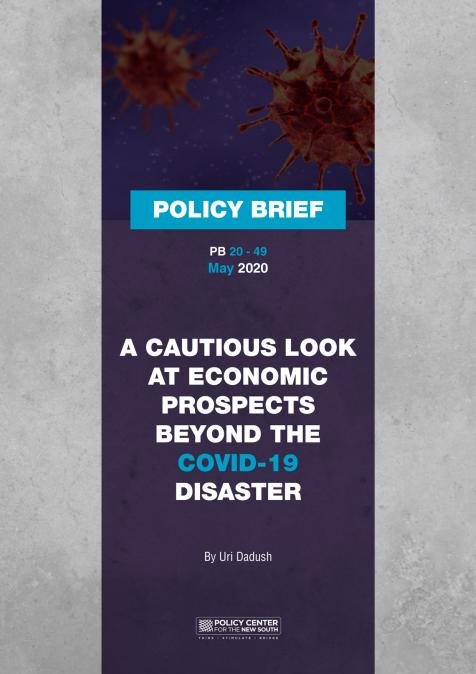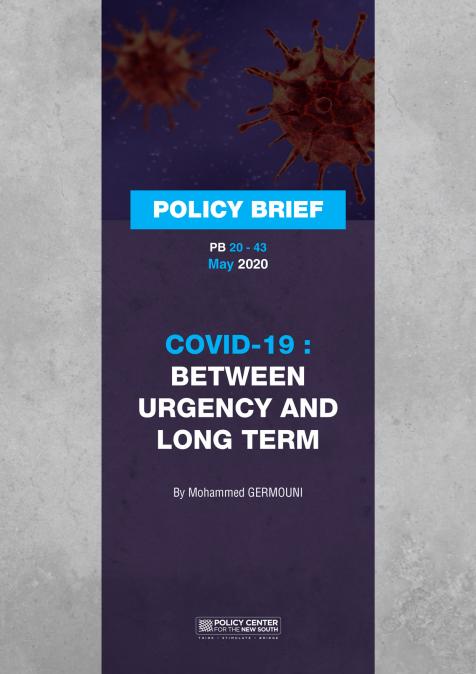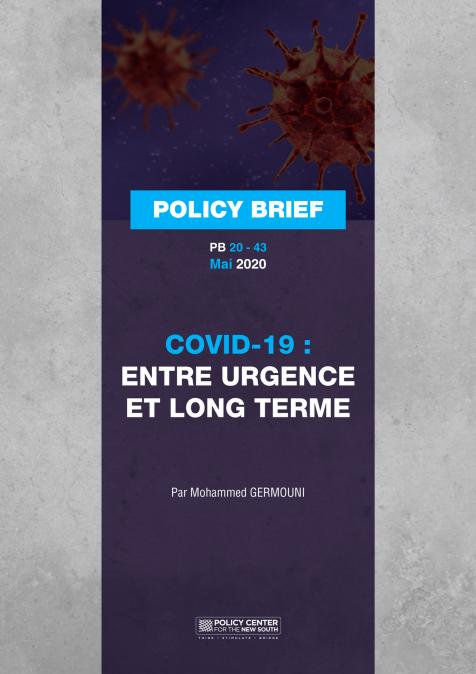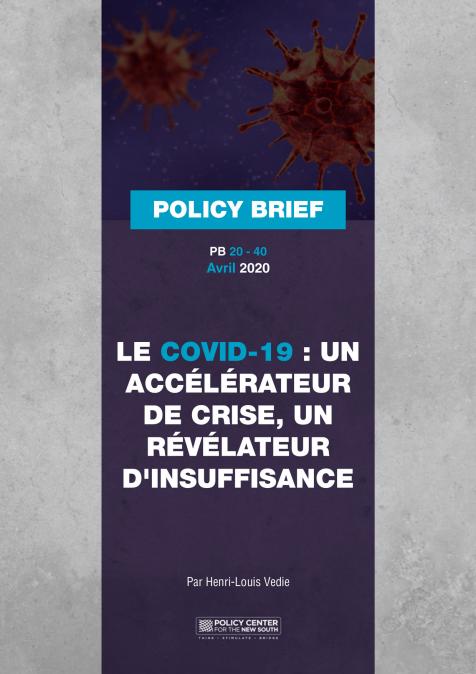Publications /
Opinion
Islamic finance is a way of doing finance while respecting the Islamic ban on interest-based transactions and ensuring risk sharing between parties in all operations. Contracts are supposed to rule out features that would make them akin to gambling or “making money from money.” Furthermore, engagements in businesses considered immoral or ethically problematic are not allowed.
Islamic finance therefore means, among other features: no pure debt securities, with interest replaced by the rate of return ex post on contracts of exchange or risk sharing; bank deposits to be collected on a profit/loss-sharing basis instead of fixed predetermined liabilities (profits and/or losses on the asset side must be passed through to investors/depositors on the liabilities side); all financial contracts must be backed by assets or transactions/activities in the real side of the economy.
Islamic finance instruments can be matched to some conventional finance products as long as interest and speculation are absent. For instance, leasing a house with a property transfer at the end rather than lending for an acquisition with fixed interests. Another example is a joint venture in which partners bring in capital and management with corresponding proportional shares of profits. This case includes arrangements in which the financier provides 100% of the capital necessary for the creation and operation of a business, keeping its ownership, while the customer provides management and labor. Profits are shared according to a pre-established ratio and, if the business fails, financial losses are incurred solely by the financier unless it is demonstrated that it was the customer’s fault.
There is also the possibility of “cost plus selling.” Instead of taking a loan to purchase something, the client convenes with the financier to buy an item and sell it to the former at a higher price on instalment, with a provision that the selling price cannot be raised once the contract is signed. The financial return is defined beforehand. If there is default or late payments, options include third-party guarantees, collateral guarantees on the customer’s belongings or a “penalty fee to be paid to an Islamic charity” since it can’t enter the financier’s revenues.
Even insurance can be made available provided that premium payments are not incurred. Like in a mutual fund or a cooperative, run by a fund manager, participants may pool money together and provide resources to members in need following some pre-defined contract clauses. The fund manager may either receive a fee or participate in the sharing of surplus at the end of the arrangement.
Banks are the major players in Islamic finance, either operating exclusively with sharia-compliant products or also offering conventional ones. Sharia-compliant bonds (“sukuk”), however, have been on the rise since the 2000s. Islamic finance assets have been forecast to reach more than US$ 2.6 trillion this year, with Islamic banks and Sukuk comprising, respectively, US$ 2 trillion and US$ 400 billion (according to the 2017 Thompson Reuters Islamic Finance Development Report).
Islamic finance corresponds to close to 1% of global financial assets, but annual growth rates have been above 10%. While just 10 Muslim-majority countries concentrate 95% of global sharia-compliant assets, these have expanded in other places. One of the positive attributes of Islamic finance has been the ability to provide access to finance to people who hold religious or cultural objection to interest and non-alignment of risks that are intrinsic to most conventional finance transactions.
Nevertheless, Islamic finance faces challenges hard to overcome. Many aspects of Islamic finance suffer from emulation and reengineering of conventional instruments, which result in inefficiencies and higher transaction costs. Sukuk lacks standardization and risks are more difficult to assess than with conventional bonds. In addition, challenges associated with Basel III core capital requirements—which place Islamic financial institutions at a disadvantage—need to be addressed.
The World Bank Group has provided support to overcoming such obstacles, both by issuing and supporting issuances, including the provision of a sharia-compliant investment guarantee for infrastructure projects. The world’s first “green sukuk” – for renewable energy and other environmental sustainability projects - was launched last year in Malaysia with the support of its Malaysia Knowledge Hub.
However, maybe the toughest issue to tackle comes exactly with one of the features attributed to Islamic finance as a major positive: financial stability, as it avoids destabilizing debt-deflation dynamics, as well as contracts containing murky risk definitions, by prohibiting interest-based transactions and asymmetries in kinds of risks born by participants. As it imbeds a commitment to back all financial contracts by assets and activities in the real economy, derivative instruments such as options and futures are hard to obtain. If one considers that a prudentially well-managed, full-fledged financial system brings economic advantages that outweigh its potential instability, Islamic finance then implies an inevitable opportunity cost.
A certain parallel can be made with ESG investments with a performance below non-ESG portfolios that is more than compensated, from the standpoint of investors’ preferences, by ensuring adherence to certain principles as a value in itself. Examples of non-pecuniary compensation can also be found in non-Muslim faiths—the STOXX Index for example only selects companies classified as respectful of Christian values. Sharia compliance may well be deemed as a benefit greater than any economic opportunity cost for those who favor its use.

